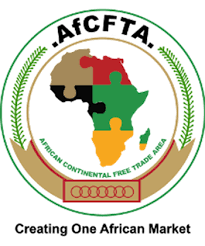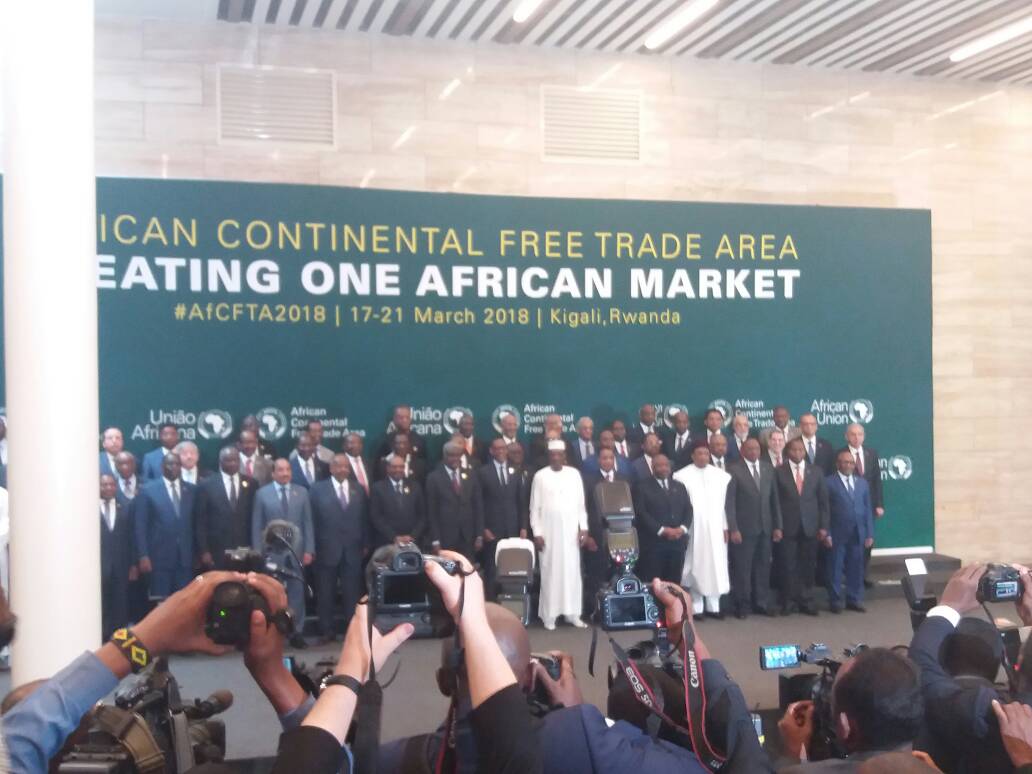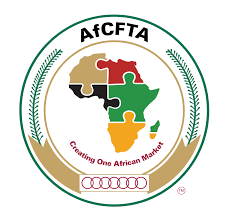The implementation of the African Continental Free Trade Area (AfCFTA) is likely to increase the volume of intra-African trade from the current 16% to over 40% by 2045.
However, to reach this goal, African countries should promote the free movement of people across their borders to boost intra-African trade, says Stephen Karingi, director at the Economic Commission for Africa (ECA), who called for the speedy ratification of the protocol on free movement of people.
Recognizing the importance of human resource skills to the continent’s development, the AU adopted the Free Movement of Persons Protocol in 2018, which has been signed by 33 member states, but only four countries have ratified it to date. “The state of ratification is disheartening, to say the least,” Karingi said, adding that while some of the concerns around ratifying the protocol were valid, policymakers and African citizens should be made aware of the support available to address some of the technical concerns raised.
In another development, Hermogene Nsegimana, the Secretary General of the African Regional Standards Organization (ARSO), pleaded for implementing the AfCFTA.
“It is (…) important that as member countries, we spearhead AfCFTA implementation to benefit from increased intra-African trade,” argued Hermogene Nsegimana, who was speaking during a recent training of over 60 African experts responsible for standards development and harmonization required to facilitate intra-Africa trade under the AfCFTA.
He noted that so far, 54 African countries have signed the AfCFTA agreement and 47 member countries have ratified it.
The training was held under the theme “The Standards we want – African Union (AU) Agenda 2063 and AfCFTA, “The role of Standardization and Conformity Assessment during the journey of 41 years”. The experts were drawn from the national standards bodies, academia, industry, and other regulatory bodies responsible for developing and harmonizing standards which are required to facilitate intra-Africa trade under the AfCFTA.
“The training is intended to enhance the skills and capacity of these experts to effectively contribute to the standard harmonization process at ARSO,” Nsegimana noted.



